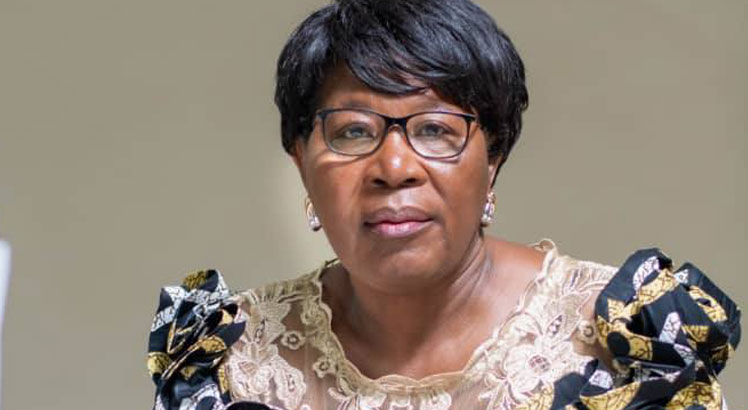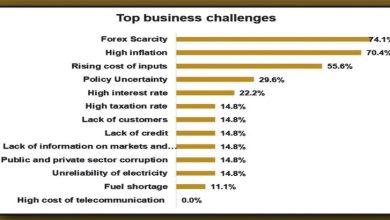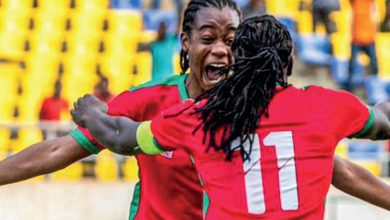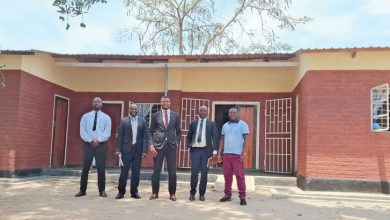Breaking barriers
We, under the excellent leadership of our leader of delegation, the indomitable, imitable, and unparalleled Professor Ms Joyce Befu, MG 66 and MEGA-1, feel confident that we have observed enough elections to conclude that media, especially public media, more especially the MBC, serve to only inform voters about candidates but do not influence the behaviour of voters. Their vote may be influenced by a number other factors, which cannot be discussed here, hic et nunc.
Thus, investing too much money and even trying to cling to the MBC is waste of resources.
We were there in 1993, 32 years ago, when we had a referendum to choose between a one-party and multiparty form of government. The MCP for one-party and others for multiparty.
Then the media was dominated by Malawi Broadcasting Corporation (MBC), Daily Times, Malawi News, all of which supported the Life President, Ngwazi Dr H Kamuzu Banda and MCP, and some magazines published by the Catholic Church, which were for multipartyism. Emerging publications were being smuggled into Malawi, read by a few, notably the Malawi Democrat.
Other publications were simple 4-pagers but the MBC was the only audio services broadcaster. Of course, alternative audio services were provided by Channel Africa starring Kamlepo Kalua, Shyley Kondowe, and Unandi Banda.

The Referendum of June 14, 1993, gave us the results that have not changed much to this day, media or no media. The South voted as a block; the Centre as one and the North as one political geographical block. The only thing that we still are hesitant to pinpoint is the role of Ntcheu in the past three elections.
In 1994, June 14 elections, again mainstream media were biased towards the MCP and the now visibly tired and forgetful Life President Dr H Kamuzu Banda. The MCP and Dr Banda lost and the UDF and Mr Bakili Muluzi (as he then was) triumphed despite not enjoying adequate media play.
We were also around in 1999 when Dr Bakili Muluzi (as he then became) and UDF had a landslide. Muluzi and the UDF dominated the media, the MBC of course, but they did not break the North and the Centre.
In 2004, Dr Bingu wa Mutharika (as he then was) and the UDF won but the trend in the voting did not change much and his win was the lowest so far.
In 2009, Prof Bingu wa Mutharika (as he then was), who had broken away from the UDF and formed the DPP, taking the Lhomwe voting bloc, thus undermining the UDF to this day. He won overwhelmingly. He died three years into the second term, very unpopular nationwide. This was despite being propped up by the public media, the MBC.
In 2012, Ms Joyce Banda, took over from Prof Bingu wa Mutharika to finish his term. She had the MBC laced with her name. She seemed to have sorted out the problems that Bingu had left until cashgate hit her hard. She did not survive despite the MBC and her small political geography having supported her. In 2014 she lost to Peter Arthur Mutharika (PAM).
In 2019, despite dominating the MBC, he controversially won, assisted by a MEC weakness to permit TIPPEX.
The courts nullified the election. In addition, the courts gave a number of definitions, including the 50%+1 votes as a threshold to win the presidential election.
In 2020, Dr Chakwera, assisted by Dr Chilima, won.
In 2025, despite the domination, almost exclusive use of the MBC, Dr Chakwera has lost to the man he defeated in 2020.
What we take away is that dominating MBC does not guarantee a win in the presidential elections.
We still need the MBC. Our research has shown that the best development programming is at the MBC.
But, the MBC should undergo reforms, particularly in the appointment of its Director General. As a servant of the people, the Director General must never take sides and should always stick to the law, especially section 109 of Part XIV of the Communication Act 2016.





